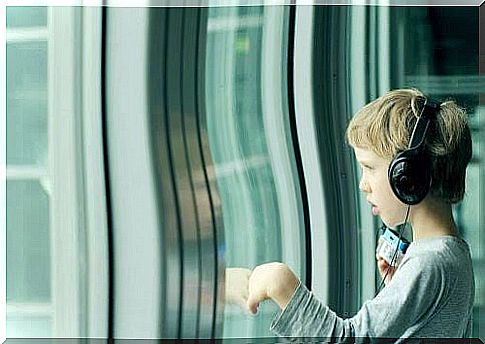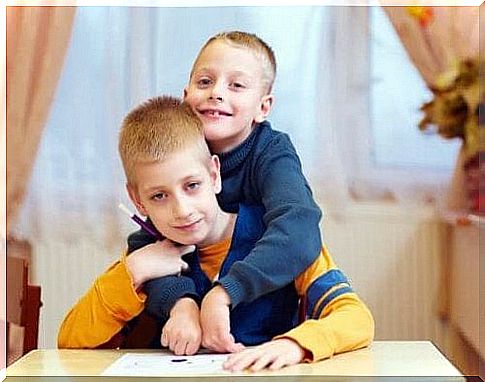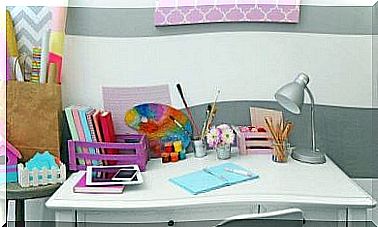I Have Autism And I Can Learn

April 2 is International Autism Awareness Day to make people more aware of the condition and to fight for the rights of those who suffer from it. This year we gathered under the slogan “I can learn. I can work ”with the aim of improving autistic people’s access to good education and decent employment. Unfortunately, there are still many stigmas that limit their development. Let us therefore be the voice of all autistic people: “I have autism and I can learn”.
Often, due to lack of knowledge, there are many misconceptions about autism. The investigations and tests that experts usually use do not always capture the latent and inner capacity of autistic people.
Of course, we must take into account that it is a very heterogeneous state, a spectrum, so it is not possible to generalize. But all children on the autism spectrum have strengths and abilities, and everyone can certainly learn.
Autism spectrum disorders
Autism is a neurological and developmental disability that begins to manifest in childhood and follows the person throughout life. It mainly affects social interactions and flexibility in thinking and behavior.
But there is a huge variation between the individuals who suffer from it. This is why the term “autism spectrum disorder” has been coined, which highlights that it is a continuous spectrum rather than a unified category.
To a greater or lesser extent, most of us can recognize what mainly characterizes autism:
- Lack of interest in social interactions and difficulties in initiating and maintaining social contacts.
- Poor eye contact and difficulty perceiving and understanding the mental state of others.
- Repetitive behavior, limited interests, rigidity and commitment to routines.
- Sensory integration problems that make it very difficult to cope with loud noises, bright lights or crowds.
Because of this, children with autism have great difficulty integrating into the classroom and even into society. It often seems that they can not learn because they do not learn in the same way as others, but these children have great strengths:
- They pay attention to detail and use very logical thinking.
- They often show great interest in a specific area, study it in depth, gather a great deal of knowledge about it and often become very competent in their area of interest.
- Very often they think in an independent way that allows them to come up with new and unique perspectives.
- They often have difficulty processing information orally or auditory, but are good at visual processing (from pictures or video).

I have autism and I can learn
Children with autism can learn and live a full and dignified life, but to do so it is important to make a diagnosis as early as possible. This allows them to have access to care and therapy early in life.
Children who start receiving help at an early age can make great progress. Efforts are usually aimed at improving their social skills and abilities and facilitating their adaptation to the school environment. Teachers will need to do an individual evaluation to learn the child’s strengths.
Intervention
If the child can handle visual processing better, it is often very effective to use instructions with pictures so that this, even if the child shows a clear interest in reading, can serve as a starting point for creating a bond of trust and for bringing them closer. their peers through an activity they like and are good at.

We need to provide them with an environment in which they feel comfortable and which suits their priorities and needs. It is important that the groups are not too large and that they receive sufficient and adapted attention from the teachers. Teachers must also give them challenges that suit their abilities.
If we demand too much performance from them, they can become overwhelmed and frustrated. But if we give them too much help and support, we instead limit their development of independence. It’s about finding a good balance.
Empathy, positive reinforcement, early intervention and being consistent dramatically improve the learning of autistic children. The family, care and school must work together to offer their autistic children access to a diverse and adapted education that allows them to develop their full potential.









